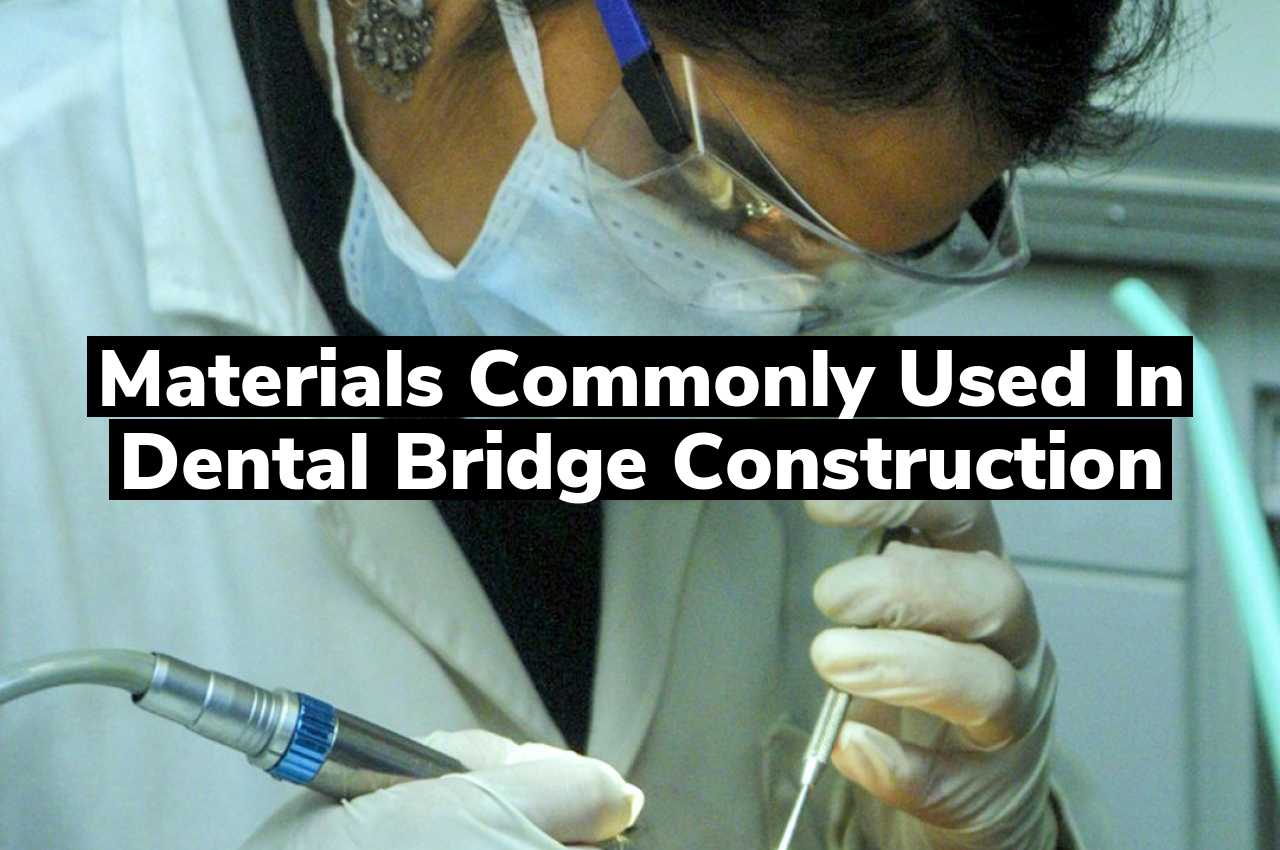Have you ever wondered what materials are used to construct dental bridges? Dental bridges are typically made from a variety of durable materials including metals, ceramics, or a combination of both, which are chosen for their strength and aesthetic qualities. These materials help ensure the bridge functions effectively, blending in with natural teeth while restoring the patient’s smile and chewing ability.
Porcelain Fused to Metal Bridges
Porcelain fused to metal (PFM) bridges are a popular choice in dental bridge construction due to their ability to blend strength and aesthetic appeal. These bridges consist of a metal core that is overlaid with a layer of porcelain. This combination provides a durable structure that can withstand the forces of chewing, while the porcelain top layer can be crafted to match the color and appearance of natural teeth, ensuring a seamless integration into the patient’s smile.
For more comprehensive insights into how these components function within the broader context of dental restoration, consider exploring The Role of Dental Bridges in Modern Dentistry. This resource delves into various aspects of dental bridges, including materials like PFM, and their impact on oral health and restoration techniques. Understanding these elements can help individuals appreciate the intricate balance between functionality and aesthetics in dental treatments.
All-Ceramic Dental Bridge Options
All-ceramic dental bridges represent a popular choice among various dental bridge materials, primarily due to their aesthetic appeal and effectiveness. These bridges are crafted entirely from ceramic, a material known for its ability to mimic the natural translucency and color of real teeth. This feature makes all-ceramic bridges particularly desirable for those looking to maintain a natural-looking smile. Additionally, ceramic is highly biocompatible, which reduces the risk of allergic reactions and promotes better oral health.
The durability of all-ceramic bridges, coupled with their visual appeal, makes them a significant consideration for dental restoration. While they are an excellent choice for front teeth due to their natural appearance, advancements in materials science have improved their strength, making them suitable for use in other areas of the mouth as well. For more detailed information on dental bridges and to explore various options, consider visiting Frederick’s Premier Dental Bridge Providers.
Gold Alloys in Bridge Frameworks
Gold alloys are frequently utilized in the construction of dental bridge frameworks due to their favorable properties. These alloys typically combine gold with other metals to enhance strength and durability, making them suitable for the demands of oral environments. The use of gold alloys in dental bridges is rooted in their effective balance of workability, corrosion resistance, and biocompatibility, ensuring they remain a popular choice within dental practices for supporting the replacement of missing teeth.
Base Metal Alloys for Durability
Base metal alloys are a cornerstone in the construction of dental bridges, prized for their strength and durability. These alloys typically consist of non-precious metals such as nickel, chromium, and molybdenum, which are known for their robust properties and resistance to corrosion. This makes them an excellent choice for dental frameworks, ensuring that the bridge remains both functional and stable over time. For those seeking dental solutions, Lee Family Dentistry is available; learn more about your options from this Frederick Dentist.
Zirconia Bridges: Aesthetic Considerations
Zirconia bridges are widely recognized for their aesthetic qualities, closely mimicking the natural appearance of teeth. The material’s ability to blend with the natural color of dental enamel is highly valued in dental bridge construction. Zirconia’s translucency and color adaptability make it a popular choice for those seeking a seamless look in dental restorations. Additionally, the material’s durability and strength ensure that it maintains its aesthetic appeal over time, resisting stains and wear that can affect other materials.
Conclusion
For further inquiries, please call us at 301-662-0300 or read our reviews on Google Maps.

